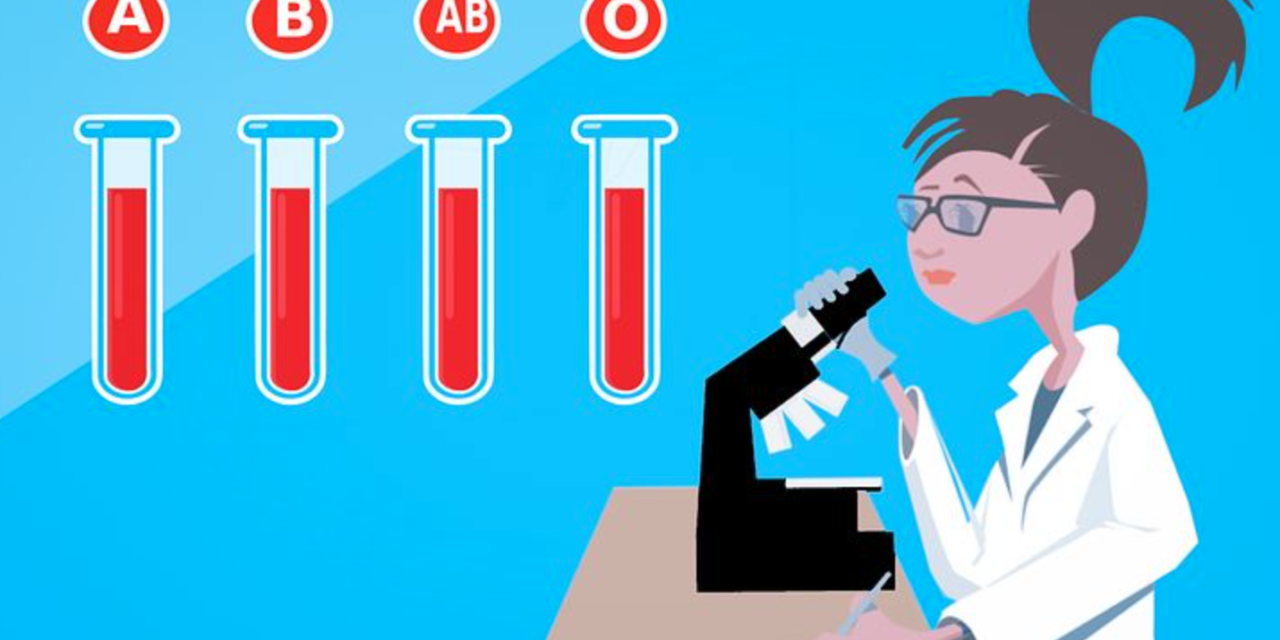After more than a year and a half of practically nothing but COVID-19 warnings coming from state health officials, it’s unusual to see the NC Department of Health and Human Services (NCDHHS) focus on another health threat.
However, recently the department did just that.
State Health officials momentarily turned their intense gaze from COVID-19 to announced that, at the start of August, the state has surpassed 1,000 cases of hepatitis A – and that concerning number is part of a larger national outbreak that became worrisome in April 2017.
Over the last three and a half years, the Centers for Disease Control and Prevention (CDC) has received more than 41,000 reports of hepatitis A linked to a national outbreak with what state officials are calling “higher than expected hospitalization and death rates.”
State officials have been watching this outbreak closely since April 2018.
Since this time last year, the number of cases in North Carolina has increased significantly, so the NCDHHS – along with county health departments across the state – are coordinating outreach events and conducting case investigations and contact tracing. They’re also providing hepatitis A vaccines to those at risk.
An NCDHHS press release states, “Since Jan. 1, 2021, 495 outbreak-associated cases of hepatitis A were reported, indicating a marked increase in transmission. Of those cases, 13 percent are also infected with hepatitis B and 48 percent with hepatitis C. Because hepatitis A causes inflammation of the liver, those with other forms of viral hepatitis – or anyone with underlying liver disease – is at risk for more serious illness if infected.”
Dr. Erica Wilson, the vaccine-preventable disease medical director for NCDHHS, said that it’s important for state residents to guard against hepatitis. She also stated that the best way to protect against hepatitis A is through vaccination.
Actions that help are things like constant and thorough hand-washing – especially after using the restroom, changing diapers and before preparing or eating food.
Symptoms of hepatitis A include fever, nausea, loss of appetite, stomach pain and a yellowing of the skin or eyes. Other signs to look for are dark-colored urine and “clay-colored” bowel movements. These symptoms appear between 15 and 50 days following infection with the virus.
Young children can be infected without any apparent symptoms.
NCDHHS advises anyone with symptoms of hepatitis A to contact their health care provider or their local health department to be tested.
Also, anyone with symptoms should refrain from preparing food for others. People can transmit the virus to others in the two weeks before and one week after jaundice appears.
Of course, in the end, the state officials always bring it back to COVID-19. They point out that those with serious underlying medical conditions, such as hepatitis A, may be at higher risk for severe illness from COVID-19.


someone didn’t wash their hands and spread e coli bacteria to a food product. Yuck! Wash you hands with soap and hot water after going to the potty folks!
Hmm, wonder if it’s from the huge influx of illegal aliens flooding in at Biden and Kamala’s suggestion. I hear a few have been relocated right here in G’boro. When can this info be verified and trusted?
The illegals could also be responsible for some higher chinese bat fever numbers as well….hmmm….